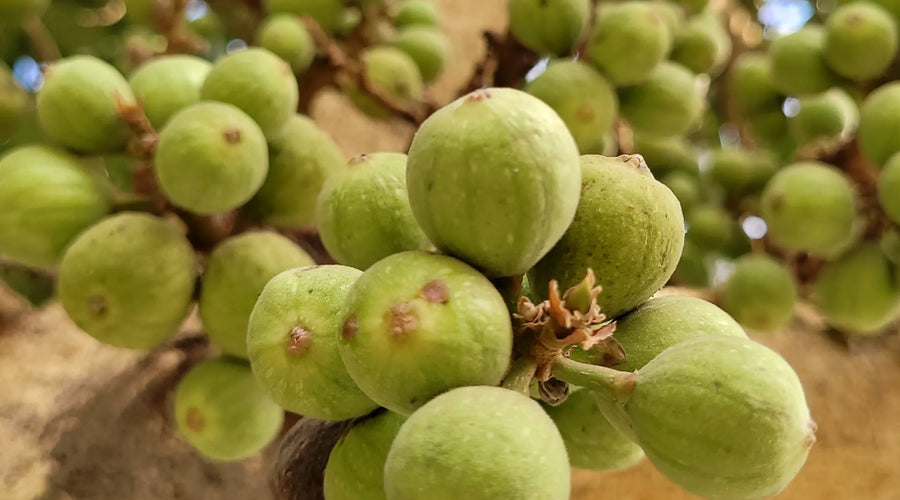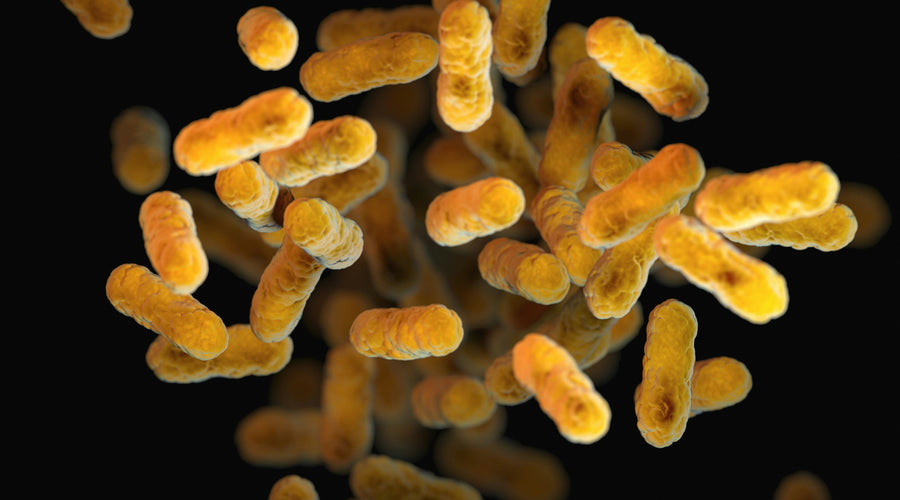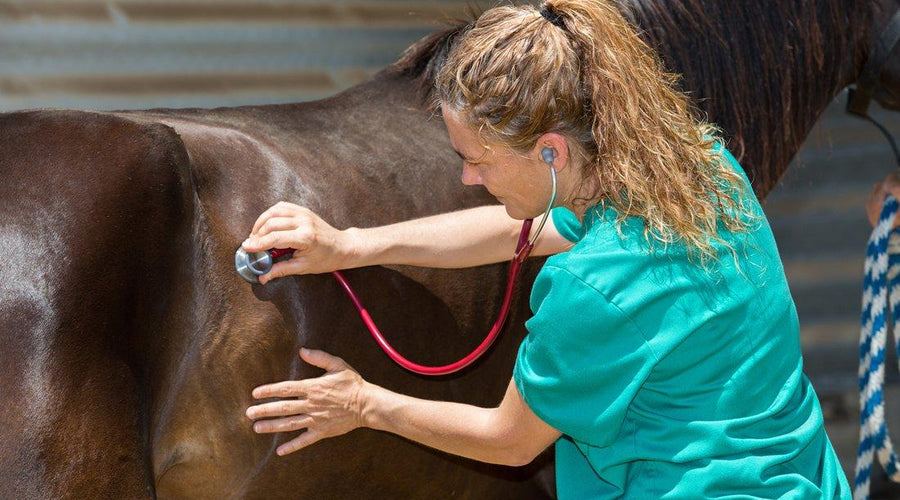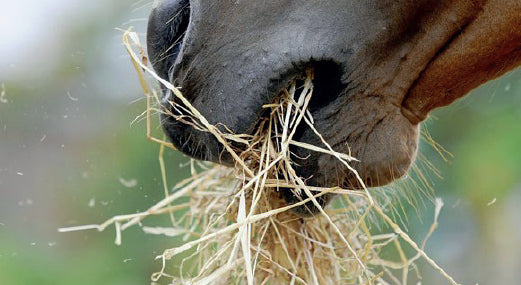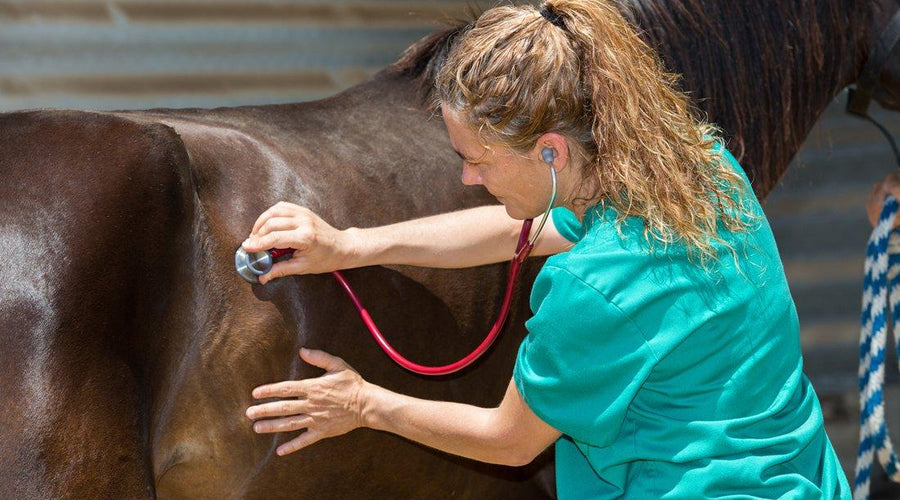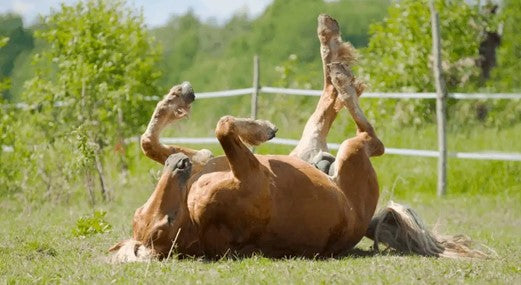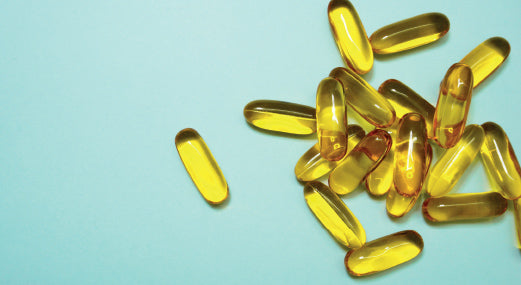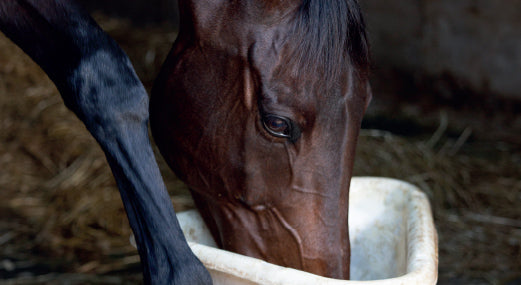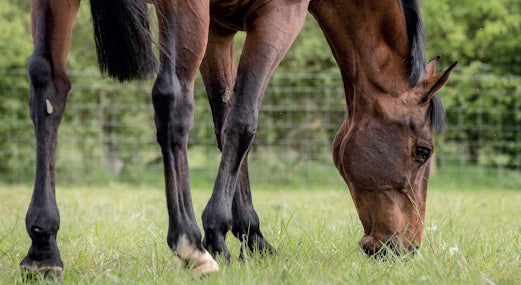Gastric & Stomach
How cluster fig can support equine gastric health
Did you know that fig can support gastric health? It might not be something you’ve even thought about before – but this fruit brings big benefits.
Read More
Gut Feelings: The Science Behind Pre and Probiotics
More and more people are choosing to feed their horses hindgut support supplements, but how do they work, and what benefit do they provide? Discover the science behind pre and probiotics, and why you should be feeding them.
Read More
Don’t Sweat It! The Benefits of Micro Encapsulation Technology™ in Electrolytes
Electrolytes are essential minerals found in the body, needed for hydration, blood acidity regulation, nutrient absorption, and nerve and muscle function. If you have ever looked at our Complete Electrolytes or SafeSalt, you might have read something about Micro Encapsulation Technology. But what is this and why is it important?
Read More
Supporting Gastric Health In Our Horses
The heath and functioning of the equine digestive system are critical to supporting their overall health and wellbeing. Where there is digestive upset or disturbance, the potential seriousness and significance of it c...
Read More
How Many Calories Are In My Horse Supplements?
The average 500kg horse that is worked lightly requires around 16,700 calories per day. The foundation of feeding a horse should be fibre: grass, hay, haylage, or any combination. Straw can also be used but should not...
Read More
Customer Spotlight: Rosemary & Tilly
Background
Rosemary has owned her 14hh Connemara competition mare, Tilly (Easter Star ll), for over ten years.
As a combination they regularly compete at BE including qualifying for the Area Festivals, most notably a...
Read More
Customer Spotlight: Lauren & Mega
Background
Lauren has owned 9 year old sports horse mare Mega for 4 years, with high hopes of competing. But in 2020 Mega was diagnosed with kissing spine and gastric ulcers after she seemed a little off in her ridden...
Read More
Gastric Ulcers: Life After Treatment
For horse owners, diagnosis of gastric ulcers is now as familiar as arthritis and colic, but what does this diagnosis mean for horses long-term? Do horses recover fully from gastric ulcers? What can be done to help pr...
Read More
How To Reduce The Risk of Colic This Winter
When it comes to horses, there are two dreaded C words. The first, Colic, the second, which takes responsibility for so many cases of the first is Change. Horses, and even more specifically, their digestive tracts hat...
Read More
What is Omega-3, and what should you be looking for?
Omega-3 (O3) and Omega-6 (O6) fatty acids are essential polyunsaturated fats, with the term ‘omega’ referring to the chemical structures. O3 fatty acids especially, have been the subject of extensive research, support...
Read More
How do changes to a normal feeding routine affect equine behaviour?
Consistent management regimes are recommended in the care of horses to minimise the incidence of digestive issues and stereotypic behaviours. Predictable feeding times support good welfare and minimise environmental d...
Read More
Does withholding forage feed affect the faecal bacterial microbiota in healthy horses?
Changes in faecal bacteria populations are associated with gastrointestinal disease in a range of species. Horses presenting with colic have been shown to have a decreased diversity and species richness of faecal and ...
Read More


